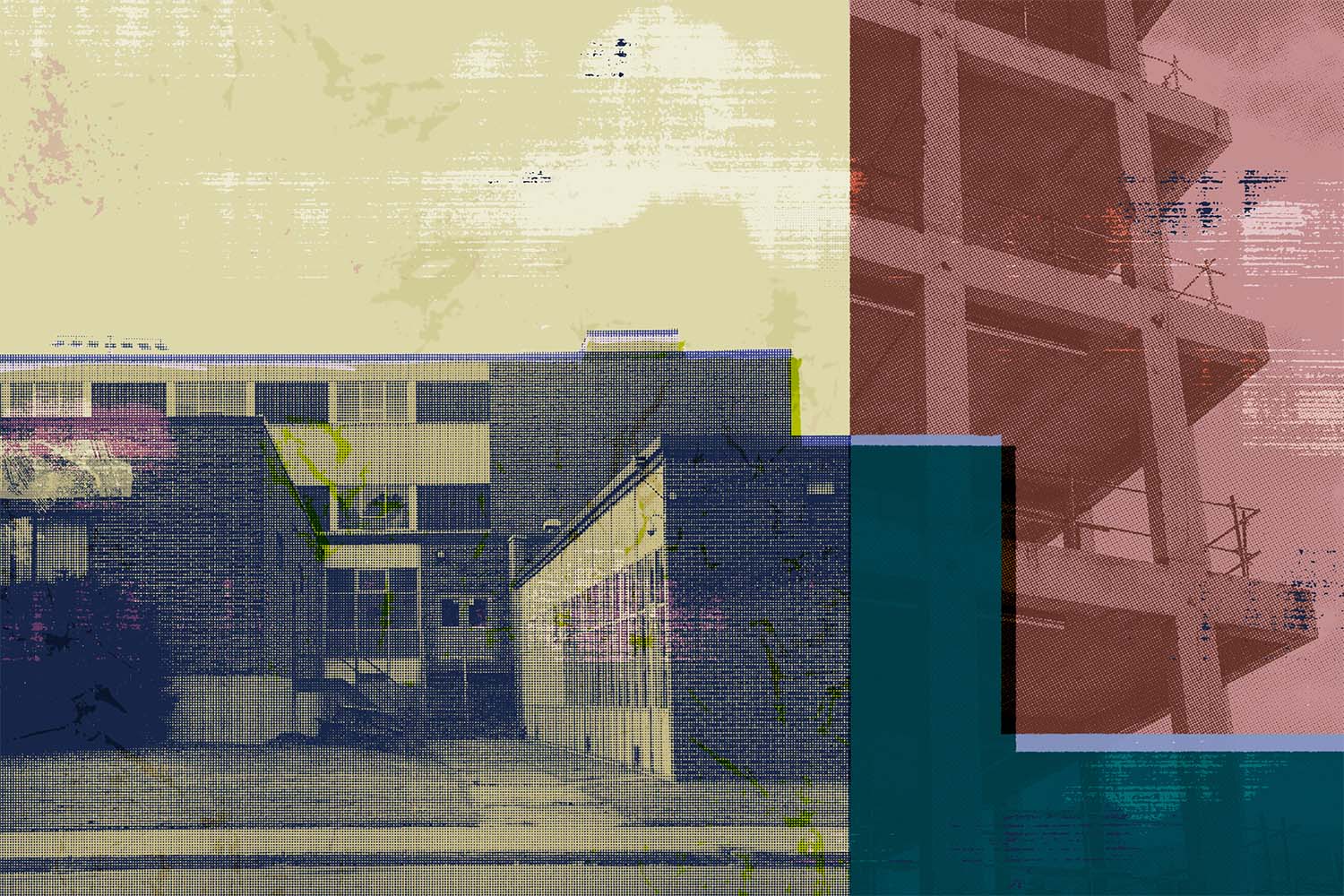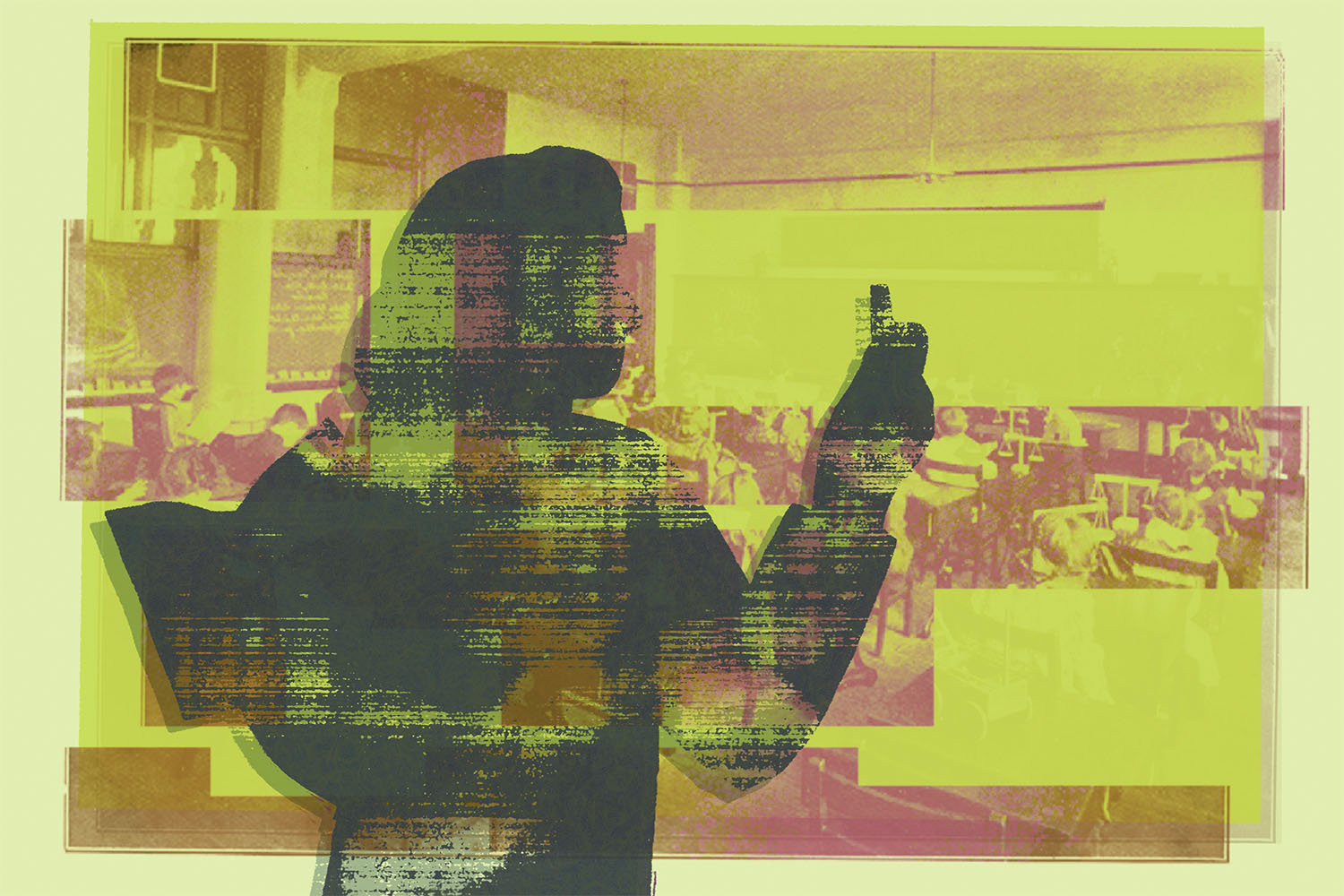
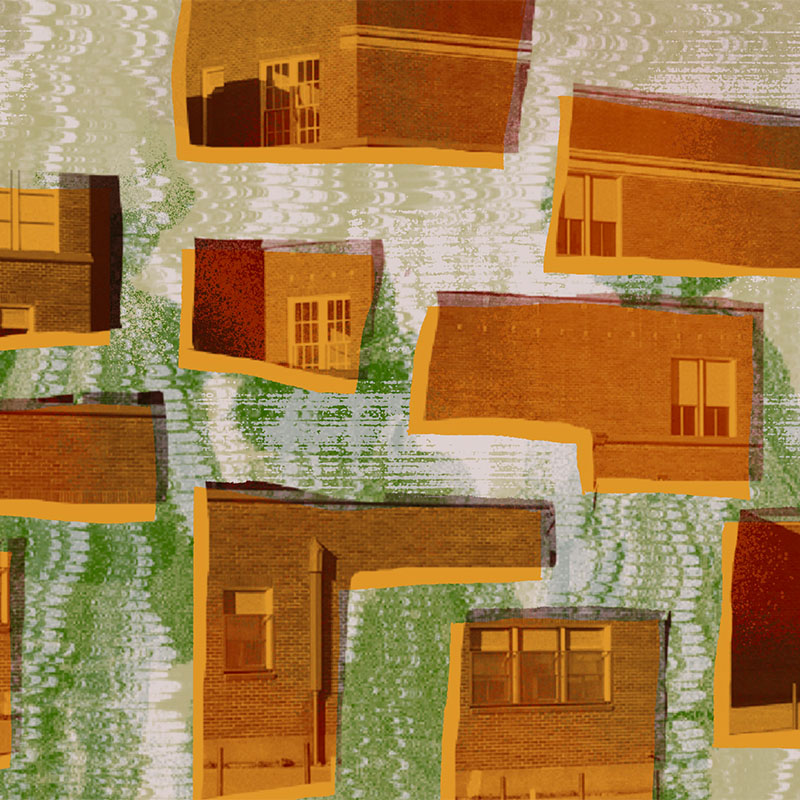
In a sudden and sweeping move, the ministry of education appointed supervisors last month to oversee the Ottawa-Carleton District School Board and three others in the GTA: the Toronto District School Board (TDSB), the Toronto Catholic District School Board (TCDSB), and the Dufferin-Peel Catholic District School Board. Together with the Thames Valley District School Board, which was put under supervision in April, the province is now overseeing five boards.
While the province has said the takeover is necessary to ensure that spending decisions would put students first, critics have denounced it as an overreach of power, and part of a decades-long struggle by the province to tighten its political control over local school boards.
Much about this supervision, and how it will unfold, is not yet clear. Trustees have been shut out of the process, and school boards directed us to the education ministry’s media relations office, which did not reply.
Here’s a breakdown of what we do know so far:
Why is the Ontario government taking over these school boards?
According to the ministry, this decision was based on the conclusion of recent financial investigations that supervision was warranted.
Those investigations were conducted after Minister Calandra vowed, shortly after he was appointed this spring, to rein in what he characterized as boards’ out-of-control spending. Yet in his June 27 press conference, Calandra warned that his crackdown could extend beyond boards with financial troubles.
“All school boards across the province should be put on notice. Even those that are running in surplus,” he told reporters.
Award-Winning Education Coverage
Subscribe to our free newsletter to get the latest from our special series—School Board Takeover.
"*" indicates required fields
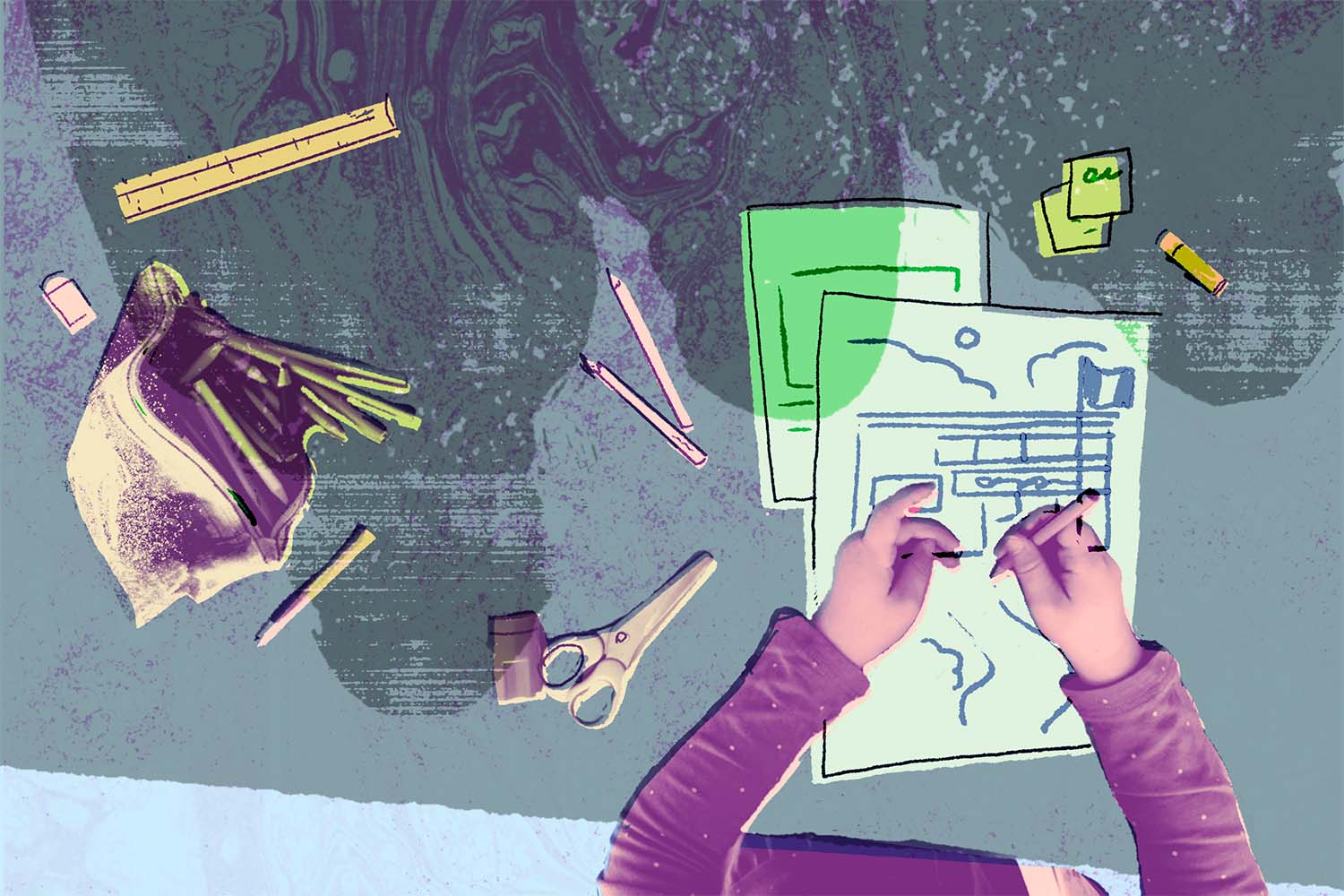
While the ministry’s stated reason is to restore financial stability to the boards, critics and observers say the real rationale is to exert more power over them, particularly in progressive urban centres like Toronto and Ottawa.
Getting trustees out of the picture enables the province to continue underfunding public education, said Neethan Shan, TDSB trustee for Ward 17—Scarborough Centre and board chair.
Sachin Maharaj, an assistant professor in the faculty of education at the University of Ottawa, went even further, suggesting the province is ultimately looking to eliminate elected school boards altogether, as Nova Scotia and Quebec’s francophone education system have done.
What did the investigations find…
…at the TDSB?
PricewaterhouseCoopers LLP, the investigator appointed to the TDSB in May, found the board’s reliance on proceeds of disposition—that is, money acquired through the sale of its properties—to make up for its deficits each year is not sustainable over the long term. It reported an accumulated deficit of $11.3 million in 2024-25, and anticipated an in-year deficit of $58 million in 2025-26.
However, the investigator did not find any examples “of reckless or deliberate wrongdoing” or lack of financial oversight. But based on the board’s projected accumulated deficit, it recommended that supervision was warranted.
…at the TCDSB?
Deloitte LLP, which was appointed to the TCDSB in May, found the board’s projected accumulated deficit would be $72.5 million, as of August 2025. It wrote to the minister that the board “is in a position of significant financial difficulty that requires immediate attention from the ministry.”
…at the Dufferin-Peel Catholic board?
Paul Cleaver, a ministry investigator appointed in June to the Dufferin-Peel Catholic District School Board, found the board’s accumulated deficit was projected to grow to $136.3 million by the end of the 2024-25 school year, though that could be reduced to $106 million with anticipated proceeds of disposition, or the sale of board properties. Cleaver’s report said there was also evidence of “probable financial default.”
Who are the supervisors?
Rohit Gupta, the appointed supervisor to the TDSB, is a managing partner of a mergers and acquisitions advisory firm called Harrington Place Advisors. He is a former advisor to Metrolinx and was an economic advisor to Stephen Harper.
Frank Benedetto, appointed to the TCDSB, is a managing partner of the insurance litigation firm Flaherty McCarthy LLP.
Rick Byers, appointed to the Dufferin-Peel Catholic board, is a financial executive and former Conservative MPP for Bruce–Grey–Owen Sound. He served as MPP from June 2022 to February 2025, and did not seek re-election in the most recent provincial race.
What is the role of trustees while their boards are under supervision?
Normally, trustees are in charge of determining the policies and budget of their boards. While the province determines their funding, it’s up to the publicly-elected trustees to decide how to prioritize spending. Trustees also act as the go-between for families and board staff. For serving their communities, they receive an honorarium that varies depending on the board.
Now, at the TDSB, trustees are effectively stripped of their roles. Their honorarium of roughly $24,000 has been suspended. They have been instructed not to communicate with their constituents or engage in activities in their official capacity. No issuing newsletters, updates, or media statements. They no longer have access to TDSB office space, or to their TDSB emails and phones.
That, however, won’t stop them from continuing to engage with the communities they’ve been elected to represent, Trustee Shan said. “We will still continue to be in the community, talking to parents,” he said.
At the TCDSB, trustees will still receive 25 percent of their annual honorarium of about $18,000, and the supervisor may consult them on denominational rights—rights enshrined in the Constitution Act that protect Catholic education—said Kevin Morrison, TCDSB vice-chair and trustee for Ward 9–Toronto. But the fact that it’s up to the discretion of the supervisor when to consult them worries Morrison, since “everything to do with Catholic education, and everything to do with our board, is denominational,” he said.
The Local reached out to trustees at the Dufferin-Peel Catholic board, who directed us to their board’s general manager of communications, who in turn, directed us to the ministry’s media office. The ministry’s media office did not reply.
How long will the period of supervision last?
In the past, boards have been placed under supervision for varying periods, ranging from months to years. Minister Calandra did not give a timeline. He told reporters they would take “whatever time is needed” to restore financial stability.
The next municipal elections in Ontario—which, under normal circumstances, would include school board trustee elections—are scheduled to be held on Oct. 26, 2026. Whether the provincial supervision will last beyond these elections, and what that means for voting for trustees, remains to be seen.
How will the public be able to hold supervisors accountable?
That is unknown. Under normal circumstances, board decisions are made through debates in meetings that are open to the public, and with community input through public consultations and delegations. The boards also usually respond to media queries directly, and trustees can freely talk to reporters, instead of directing them to the education ministry.
Despite the minister’s claims of misspending, boards have always been required to submit regular financial reports to the province and open their books to the provincial auditor general, TDSB Trustee Shan said.
“On the financial side, there’s nothing that is beyond the public eye…The oversight and the transparency and accountability piece is there,” he said, explaining he does not believe the suspension of trustees is warranted. “It’s a bit of heavyhandedness.”
Why are school boards in deficit?
Minister Calandra has characterized the boards’ financial woes as a product of misspending, and has pointed to incidents at two boards, the Thames Valley District School Board and the Brant Haldimand Norfolk Catholic District School Board, as evidence. Those two boards have been widely criticized for costly trips their officials took last year to Toronto and Italy, respectively.
But looking to these cases is a distraction, said Karen Brown, the president of the Elementary Teachers Federation of Ontario (ETFO). In fact, boards have been squeezed for decades, due to underfunding by the province.
“Some aren’t using the money wisely, but the majority of the school boards continue to be underfunded and are being stretched to even provide the basics,” Brown said.
For its part, the ministry has said it is making record investments in public education. And while it’s true that provincial funding has increased, it has not increased enough to allow many boards to cover their operational costs, which have also risen due to inflation. It is also not enough for them to address a growing backlog of major repairs and much-needed replacements at aging schools.
According to NDP MPP Chandra Pasma, the official opposition’s education critic, 43 percent, or two in five, school boards in Ontario are currently running a deficit because of provincial underfunding.
Double Your Impact
This story was paid for by readers like you. Donate today and your contribution will be matched up to $10,000. Select “School Board Takeover Series” from the drop-down menu on our donation form to support the next story in this series.
SupportCertain costs, like staff salaries and mandatory benefits, account for some of the biggest budget line items, and boards are required by law to pay them. However, provincial funding does not fully cover the cost.
At the TDSB, the board also spends far more on special education than it is funded for, Trustee Shan explained. “And it’s the right thing to do,” he said. “It’s a human rights commitment that we made, and also the work that needs to be done.”
Other costs, like school pools, do not receive funding from the ministry.
According to the most recent calculations from the Canadian Centre for Policy Alternatives, school boards received $260 less per pupil for the 2024-25 school year than they did in 2018-2019, when adjusted for inflation. The Centre estimates that over the past seven years, the cumulative funding gap—how much Ontario’s school boards have lost versus how much funding they would have received if the province kept up with inflation and enrolment changes—is $6.35 billion.
How does the province’s vision of education compare with that of elected trustees?
Minister Calandra has repeatedly emphasized that education in the province needs to get “back to basics.”
“It’s about making sure Ontario’s educational system delivers for students, parents, and teachers,” he told reporters at his June 27 press conference.
But what does that actually look like? The Local’s repeated requests to the ministry for an interview with Calandra went unanswered.
According to Maharaj from the University of Ottawa, the province’s “back to basics” vision focuses on literacy and numeracy—in other words, subjects like reading, writing, and math. Many conservatives have felt school boards, particularly in progressive urban centres like Toronto, have become distracted by things like equity and social justice initiatives, he explained.
Some trustees, however, argue that such initiatives are necessary to foster student learning and create more inclusive environments.
Trustee Shan, who has a background as a math and science teacher, said there’s no debate that students need strong foundations in education. “But the problem is that…children won’t learn if the environment is not conducive to learning,” he said. “Children won’t learn if they don’t have a sense of belonging and feel confident. Children won’t learn when they’re hungry in school.”
Inside the Takeover of Toronto-Area School Boards
Looking for more? Read our detailed coverage of the School Board takeover here.
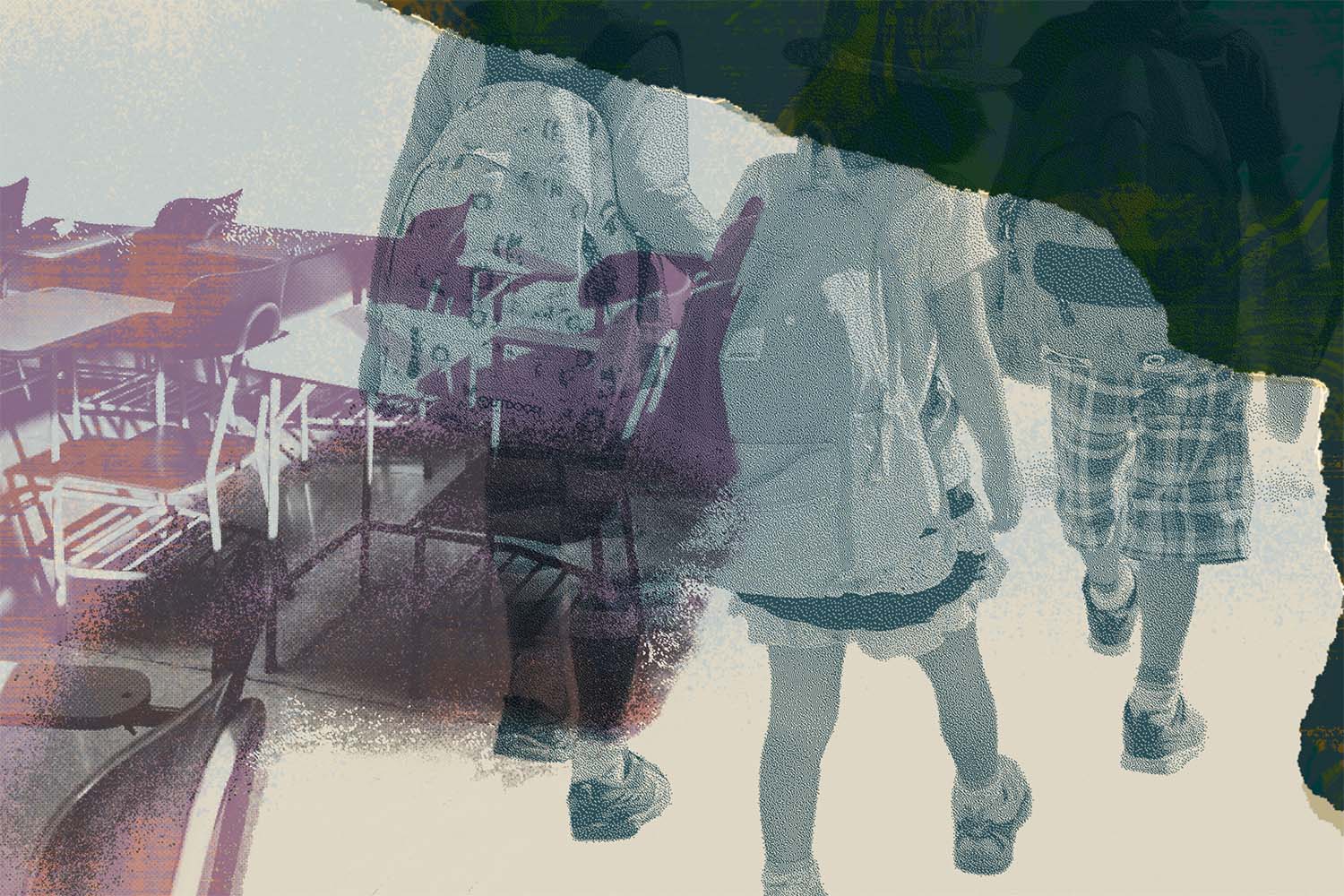
His colleague, TDSB trustee Dan MacLean, echoed this sentiment. MacLean supported renaming three schools earlier this year—Sir John A. MacDonald Collegiate Institute, Ryerson Community School, and Dundas Junior Public School—a move that was estimated to cost around $60,000 per school. MacLean said this one-time cost was justified to ensure Indigenous students would not have to attend schools that honour creators of colonial policies like the Indian Act and the residential school system.
“It wasn’t in any way to eliminate the history that we teach,” he said, noting these historical figures have made contributions to the country that students should learn about. But renaming these schools could remove a barrier for students and give them a greater chance of successfully navigating the school system and graduating.
“I thought that the way to go; you’re spending what was described to us in the neighborhood of $60,000 once, and then you’ve eliminated that hurdle in perpetuity,” he said.
The TDSB has since paused the renaming of these schools, after the ministry introduced Bill 33 in May, which would require boards to seek the minister’s approval to name or rename schools, if passed.
At the TCDSB, Trustee Morrison also balked at the idea of focusing on “back to basics,” saying it was “absolute nonsense” to think such an approach would adequately prepare students for the future. Parents and students demand more than mere basics, he said.
That vision of education, he said, is “shortchanging every student in the province of Ontario by focusing on giving them the most basic education that they can give them, which means the cheapest education that they can give them.”
Will the public have any say in the supervisors’ decisions?
It’s not yet clear. But advocates are urging the province to work with all parties—students, parents, unions, school boards, teachers, and education workers.
When will we know more?
We don’t know, but we’re trying to find out.
___
The Local is committed to covering the provincial takeover of GTA-area school boards. If you have a tip for us, you can submit it through our anonymous tip line, or you can reach out directly to Wency Leung at wency@thelocal.to.

